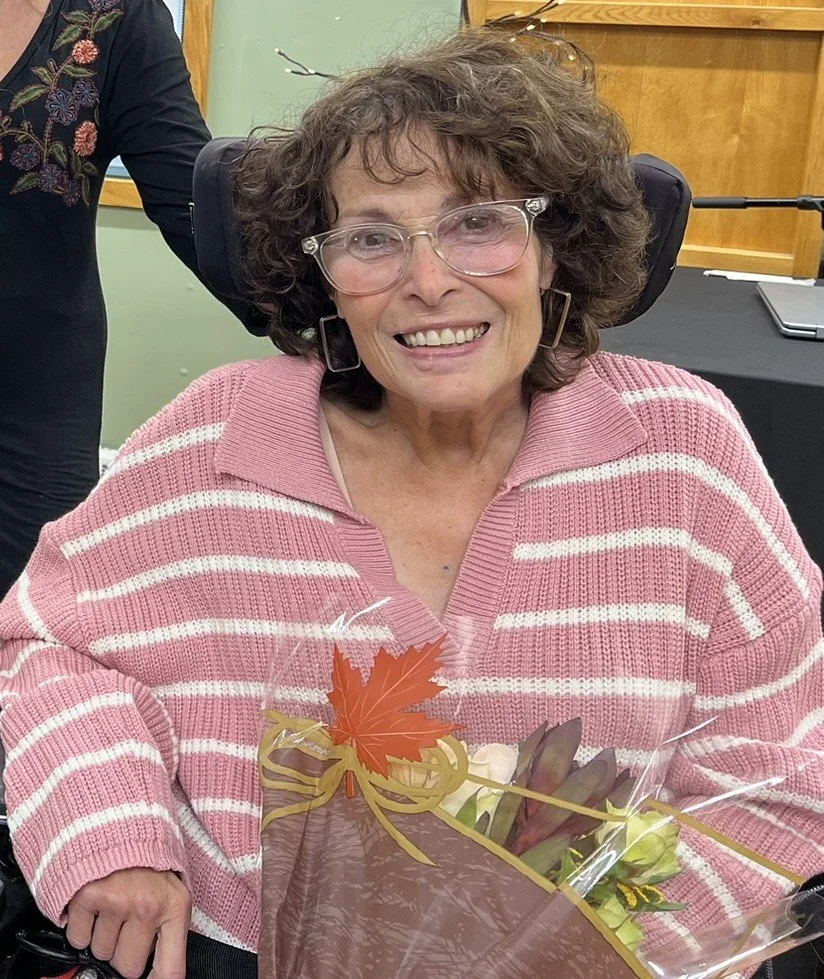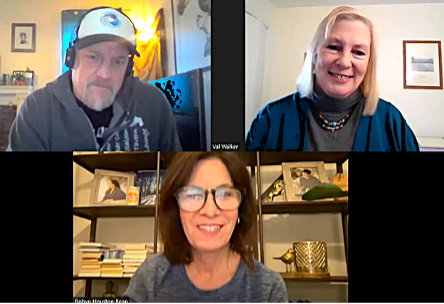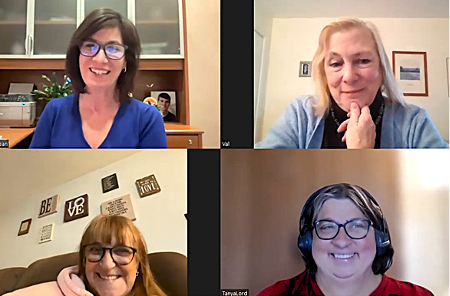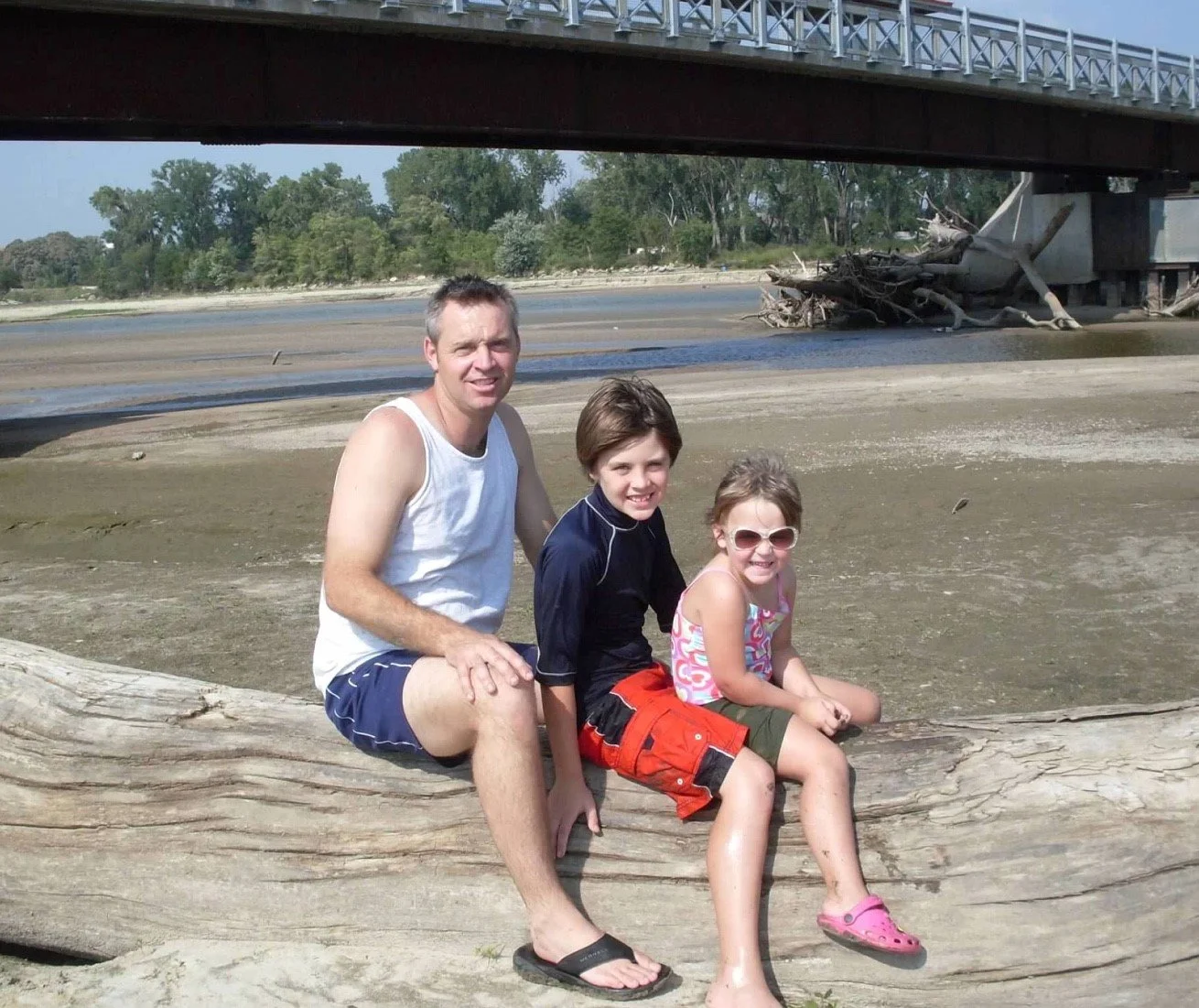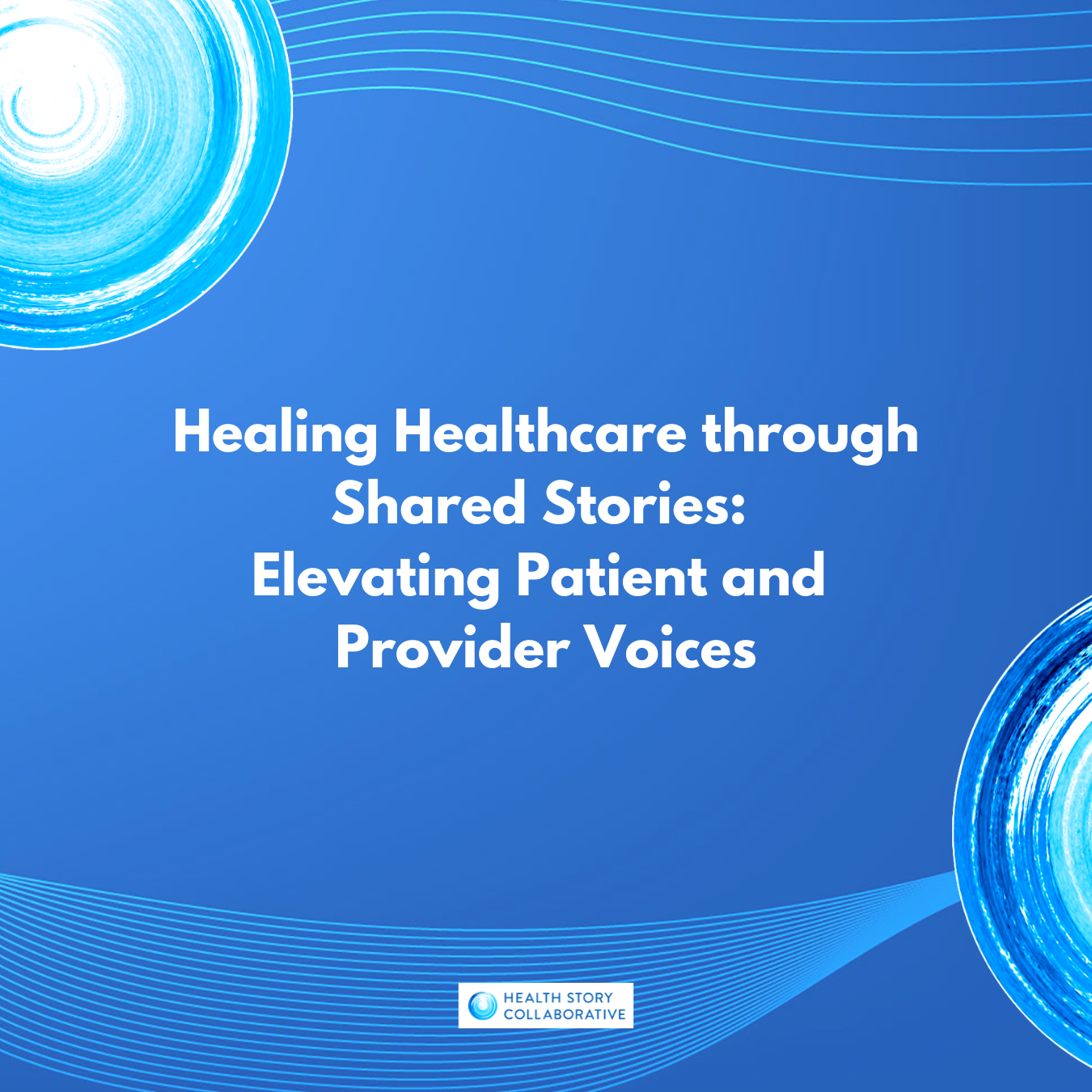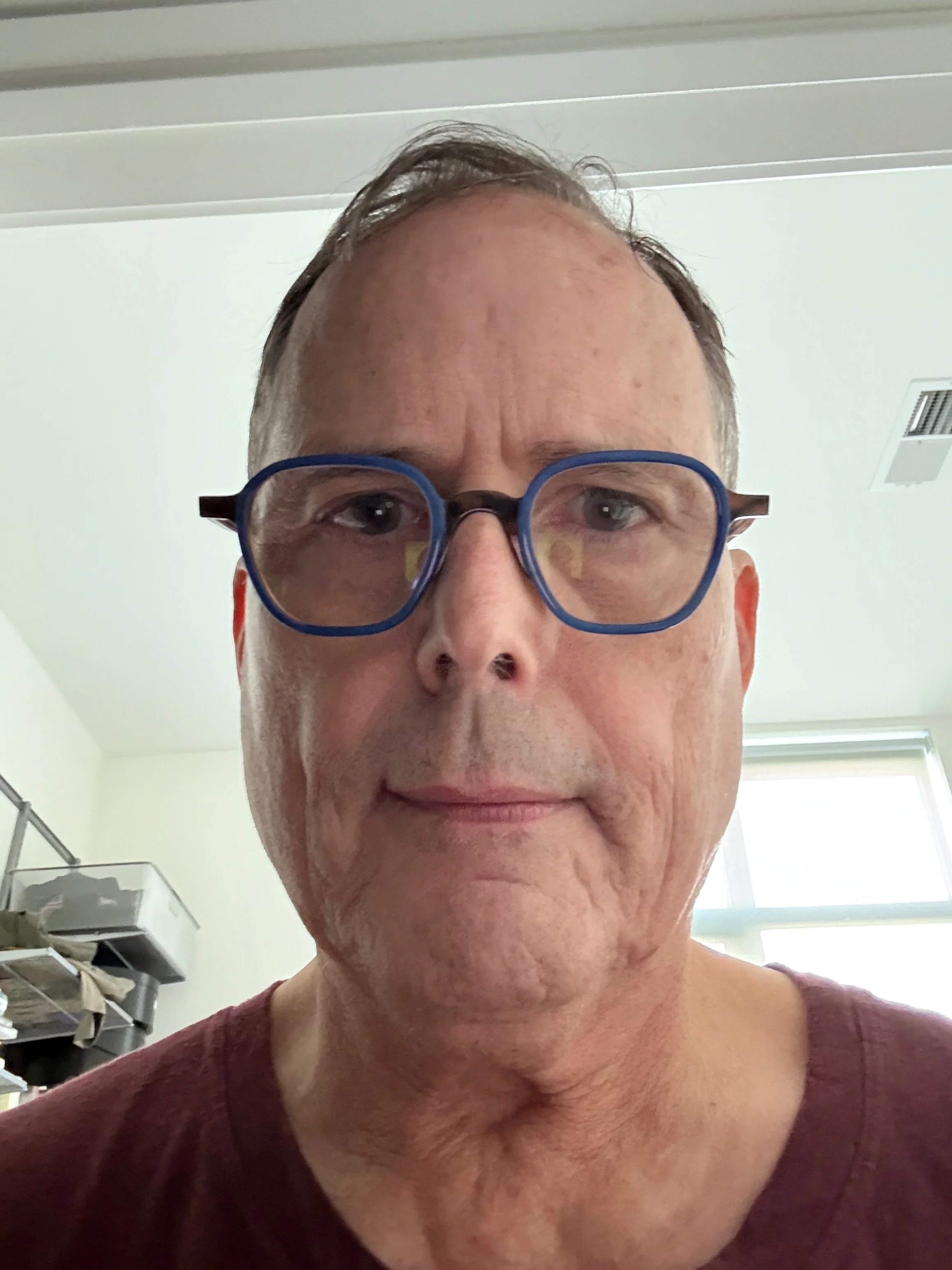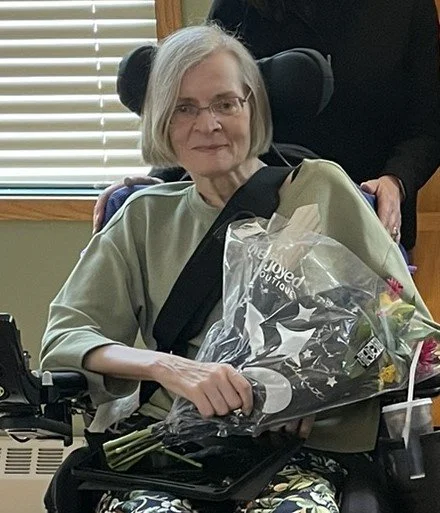By Lauri
If you were to ask me,
“Hey Lauri, tell me a bit about yourself,” I would say, “ I’m 65 years old. I was raised in Pennsylvania. I have 2 kids, who are both here today, Ashley and Mark. Ashley, who is now 40, private support professional for an autistic 2nd grade boy at the same elementary school that she attended. Mark works from home as VP of access controls for a financial institution. I also one awesome grandson, Macklin, who is 10, and in 5th, middle school. Hard to believe. I remember the day he was born.” However, that does not even scratch the surface.
I was born in Orange, New Jersey, to my two parents, Mimi and Marvin. Mom was born on Groundhog’s Day 1932 in Detroit, Michigan. Dad was born on June 22, 1929 and raised in NY. Both of them are 1st generation American citizens. Their parents emigrated from Hungary.
When we heard them speaking Hungarian, we knew they were having a conversation not meant for our ears. They were probably talking about us! I am the youngest of three, with an older brother Bruce, and a sister Debbie. Unfortunately, we lost Bruce when he was 61 in 2018.
When I was 2 ½ years old, our family moved from New Jersey to Trucksville, Pennsylvania. We were the only Jewish family in our neighborhood. I remember being in the first grade and having Mrs. Roeder phone my mother to ask permission for me to help decorate her Christmas tree. I was very close to Mrs. Roeder. I used to bake little cakes in my Easy Bake Oven and delivered them to her home.
My parents agreed to let me decorate her Christmas tree. What was even more exciting was discovering there was gift with my name on it under that tree that I helped decorate.
Mrs. Roeder, Judy, still remains an important person in my life.
While we were living in Trucksville, I was at a girlfriend’s house having terrible stomach pains. It was her boyfriend, Billy, who actually diagnosed appendicitis. I went to the doctor that night, and he was right. Twelve hours later I was in the OR having my appendix removed. This was the first of many surgeries to follow.
Soon after that, Dad’s employment had us moving to Allentown. With a much larger Jewish population, I became quite active in the Jewish Community Center. When I was 14 years old, I became a candy striper at a local hospital. The hospital was so close that I was able to walk there. Later, I volunteered at the state hospital. I was active at the Jewish Community Center. I was responsible for finding volunteers to not only visit the elderly, but take them to the supermarket and unload their groceries. Sometimes we even helped them prepare a meal. When volunteering with the blind, we read to them, and even helped to straighten clothing drawers. In my first year of college, in one my classes, we actually visited the criminally insane. They were in a facility for emotionally challenged adults. I discovered my passion for helping those who could not help themselves.
In 1979, my family relocated to Brookline, MA. I was 19 years old.
That is when I met a young man visiting his Mom who lived across the street from us. Our relationship went from dating to engagement to marriage to parenting to divorce. A short time before the wedding, we were at a BBQ. I was bitten by SOMETHING, which I believe was a spider. The next morning, the bite was red, large, hot, itchy and swollen. A white ring encircled it. Confused, I went to the ER. The doctor did not seem overly concerned, dismissing it as pre wedding jitters. His comments reassured me that it was nothing more than a simple bug bite.
In the timeframe between my bug bite and wedding, I lost complete vision in my left eye. I thought it was a confusing symptom. I saw a neuro ophthalmologist.
He ran tests, which were inconclusive. My wedding day arrived. I could only see through one eye. With so many things going on, I did not allow the symptoms to get in the way. I was too focused on the joyous event. Over the next several months, my vision slowly returned. There was no official diagnosis and MRI’s were not yet being used. Looking back, it was the first of many MS symptoms. Over the next 7 years, my health was quite stable. Now 1987, I was at a routine annual physical.
My PCP (primary care physician) suggested that given my medical history, I could benefit from having a new, modern diagnostic tool, called Magnetic Resonance Imaging, an MRI. I had to wait a week for the results. I was not overly concerned. My doctor called and his exact words were “I am sorry, but the MRI shows that you have MS”. My response was “What is MS? Am I going to die from it.” He replied, no you will not die from it. I then asked, “Then how can I live with it?”
I hope it is apparent to those of you hearing my story, that I am a very easygoing, laid back kind of person. I had faith in my doctors. I was young, married and enjoying life.
They reassured me that I should continue living and not let this diagnosis consume me. Not satisfied with that statement, I looked for a neurologist who would cure me. I truly believed that a cure existed and was not willing to stop until I found one. I heard about bee venom helping to relieve symptoms. I learned of a book titled Bee Healthy ;
that’s B-E-E Healthy. I read it, found a bee apiary and obtained bees. With help, I began stinging myself. 20 or more stings a day, times 3 or 4 days a week, over several months. It was a fruitless attempt to find a cure.
Fortunately, I found Dr. Salvatore Napoli. He helped me realize that my desire was not realistic. He discussed treatment rather than cure. Dr. Napoli continues to follow and manage my MS. I’m thankful that he holds office hours here at The Boston Home.
After my diagnosis, I was getting routine CT and PET scans. It was during one of these tests that an adenocarcinoma was found in my right lung. It was a cancerous tumor. A biopsy was performed and the tumor was found to be malignant. After much research, my Dad and stepmother found Dr. David Sugarbaker, a world-renowned surgical thoracic oncologist. He performed surgery and the tumor was removed. He predicted that there would likely be more.
Unfortunately, he nailed it! One of the lung lesions had metastasized to my brain. That, too, was successfully removed.
Learning that I had cancer came as no surprise. Several members of my immediate family were stricken with cancer. Some are still fighting, others lost their battle. Unfortunately, my mother lost her life at the age of 51. She was a smoker who had promised to quit several times. One of those times, when I was looking for her, I followed the scent of cigarette smoke. That odor led me to the bathroom in her bedroom. When I called for her, she told me to go away and she would be out soon. There was quite a role reversal when I insisted that she come out from the bathroom. When she finally agreed to make an appearance, she begged me not to tell Dad that I caught her. Mom and I often shared secrets. My unprofessional opinion is that there must be some sort of genetic link between the cancers in our family.
Fortunately, my doctors are extremely proactive. Recently, while conducting a follow up MRI, a small growth on the brain had increased minimally in size. We are now waiting for more MRI’s, hoping the growth remains stable. A small malignant tumor was also found on my liver. Yet again, one more surgery. Fortunately, livers rejuvenate, as did mine. I continued to have the attitude of, if it can be fixed, do so. I’m not going to worry about it. That’s what the doctors get paid for!
I decided to focus on something other than cancer. I started weightlifting. I loved the rush of adrenaline. My trainer pushed me hard. He told me to lift 30. I told myself, no, lift 50. And I did. The result of my eagerness was a torn rotator cuff. As if one wasn’t enough, it took a total 3 surgeries to repair them. The pain continued to be so bad. A recent MRI showed that the shoulder is bone-on-bone. This would normally require a shoulder replacement. The surgeon used the following words: “If I put you on the table, you will die. Your body is too compromised to survive yet another surgery.” This instilled the fear of God in me. I went to a pain clinic.
This is where a sprint device was inserted into a nerve in my back, connecting to the nerves in my shoulder. Medically, this could only stay in my body for 2 months. The hope is that the pain relief could last up to a year. If the pain recurs, we can reintroduce the device. So far, it’s been working.
While dealing with the cancer, my MS was slowly progressing. Losing the ability to get up and go like I used to took a toll on me emotionally.
It led to dramatic lifestyle changes. I was no longer able to drive, work, or even sleep in my own bed.
This was a difficult reality. It was much harder to accept than the “just fix it” attitude I had with the cancer diagnosis. A neurologist suggested physical therapy. She referred me to a new facility called Total Rehab and Fitness. I called right away and went several days a week. The exercise brought back the adrenaline rush of my weightlifting days.
There was still trepidation with me developing more cancer. Tests revealed something abnormal on my pancreas. Pancreatic cancer is one of the most deadly, in which many patients do not survive. Soon after, I was having a phone conversation with my doctor.
Dr. Clancy explained a surgical procedure known as the Whipple.
I agreed to the surgery, which removed the head of the pancreas, some of the small intestine, and the gall bladder. It was a six-hour procedure.
On a positive note, not only did the surgery save my life, but it also resulted in a major weight loss. Funny enough, as a young girl (maybe 11 or 12 years old), I attended a summer camp for overweight girls. Unfortunately, I gained the weight back. I returned a second time to try again.
After the Whipple procedure, I spent two years living at New Bridge on the Charles, a retirement community that offers long-term care. I lived there while waiting for admission to The Boston Home.
Fortunately, that phone call came in December 2024. On New Years Eve, I moved in. My time here at The Boston Home has been an invaluable experience. I have learned that my strong will and mind have proven my ability to leap over any obstacle that tries to block my path. With all that I have faced having to conquer those obstacles, I realize that I am not as bad off as people say I am. Many have asked, “Why you?” My response is always the same: “Why not?”
They always look at me as if I were crazy. The truth is, it is okay with me because I know that I can handle it. There are so many people much worse off than me. Many do not know how to handle as much as I have.
Through disease progression and cancer surgeries, I have kept up with exercise and PT. It is still a priority. I have been going consistently for 11 years. Currently, I go twice a week to MSSSC (Multiple Sclerosis Specialty Center) in Quincy.
This is not the first time I have been asked to share my story. When my daughter Ashley was in kindergarten, I was called upon to talk about my medical experiences. Ashley had told a story about me. My medical journey has grown so much more since that time, but my upbeat attitude remains as positive now as it was back then.

